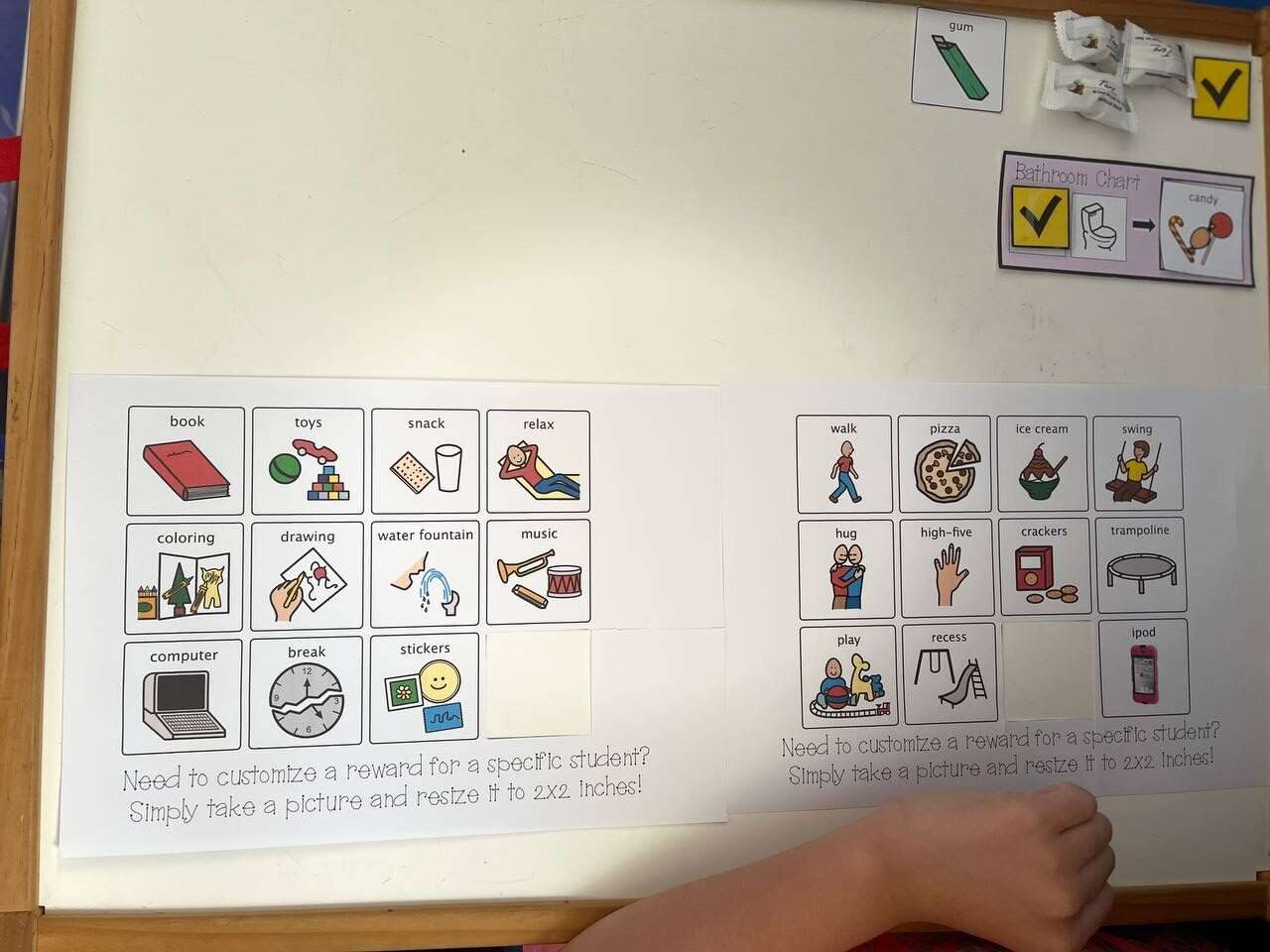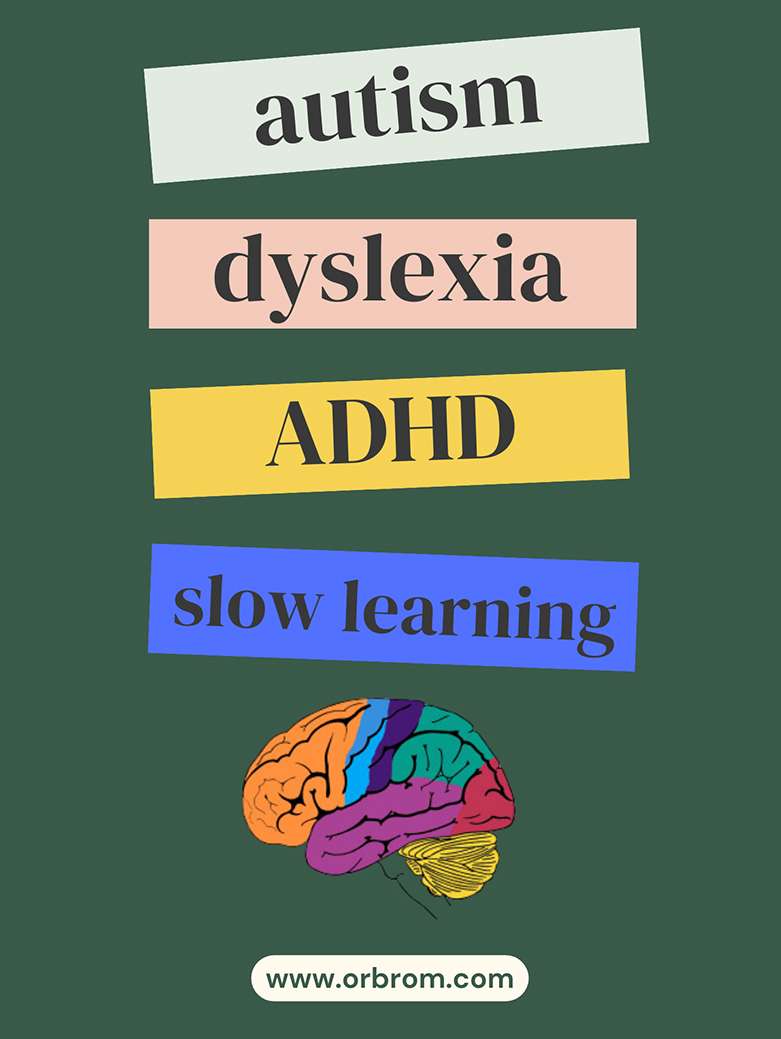For many parents, toilet training marks a significant milestone in their child’s development. However, for families raising children with Autism (ASD), the process can be uniquely challenging. Sensory sensitivities, communication difficulties, and potential resistance to change can complicate the journey.
Understanding the Individual:
Every child on the spectrum is unique, with varying needs and preferences. It’s crucial to understand your child’s individual challenges and strengths before embarking on any training program.
- Sensory sensitivities: Some children with ASD may be hypersensitive to certain textures, sounds, or smells associated with the toilet. Identifying these sensitivities and adapting the environment accordingly can be crucial.
- Communication: Children with ASD may have difficulty expressing their needs, making it challenging to recognize toileting cues. Utilizing visual aids, picture cards, or alternative communication methods can bridge this gap.
- Routine and predictability: Children with ASD often thrive on routine and predictability. Creating a consistent toilet training schedule and incorporating visual cues can provide comfort and structure.
Tailored Strategies:
There’s no one-size-fits-all approach to toilet training children with ASD. However, some general strategies can prove effective:
- Positive reinforcement: Celebrate successes, big or small, with positive reinforcement. This can include verbal praise, stickers, or preferred activities.
- Visual aids and social stories: Visual schedules, picture cards, and social stories can help explain the toilet training process and expectations.
- Habit training: Taking your child to the toilet at regular intervals, even if they don’t need to go, can help establish a routine and encourage bladder and bowel control.
- Small steps and patience: Break down the toilet training process into small, manageable steps and celebrate each accomplishment. Be patient, as setbacks are common and don’t necessarily indicate failure.
Toilet training children with ASD can be a challenging journey, but with understanding, patience, and tailored strategies, success is possible. Remember, every child progresses at their own pace. Celebrate each milestone and focus on creating a positive and supportive learning environment for your child.
Services for Autism, ADHD, Dyslexia, Spelling Difficulty, social and slow learning, Down Syndrome, and Selective Mutism. OrbRom is the best option in Phnom Penh.
If you are concerned about your child’s development, Contact OrbRom Center for Assessments.
Phone/Telegram: 077.455.993
Telegram Link: https://t.me/OrbRom







